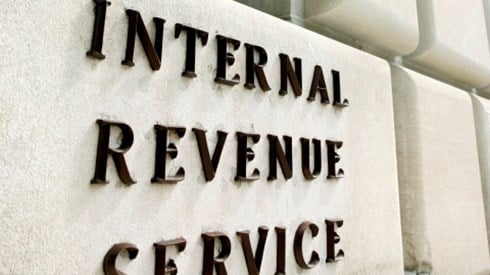IRS Adds Abusive Micro-Captive Arrangements to 2022 Dirty Dozen List

June 17, 2022

The US Internal Revenue Service (IRS) has added abusive micro-captive arrangements to the final version of its 2022 "Dirty Dozen" list of potentially abusive tax schemes.
Earlier in June, the IRS had included foreign captive insurance arrangements on the first installment of entrants on this year's Dirty Dozen list.
"These tax avoidance strategies are promoted to unsuspecting folks with too-good-to-be-true promises of reducing taxes or avoiding taxes altogether," IRS Commissioner Chuck Rettig said in a statement announcing the remaining entrants on this year's list. "Taxpayers should not kid themselves into believing they can hide income from the IRS. The agency continues to focus on these deals, and people who engage in them face steep civil penalties or criminal charges."
While the IRS has regularly included abusive micro-captive arrangements on its annual Dirty Dozen list, they were absent from the list in 2020 before returning to it in 2021.
"Abusive micro-captive transactions continue to be a high-priority area of focus," the IRS said in its most recent statement.
The statement said that in abusive micro-captive structures, promoters, accountants, or wealth planners persuade owners of closely held entities to participate in arrangements lacking many of the attributes of insurance.
"For example, coverages may 'insure' implausible risks, fail to match genuine business needs, or duplicate the taxpayer's commercial coverages. The 'premiums' paid under these arrangements are often excessive and are used to skirt the tax law," the IRS statement said.
So-called micro-captives, small captive insurance companies that elect to be taxed under section 831(b) of the Internal Revenue Code, which allows small insurance companies to be taxed only on their investment income, have been the target of IRS scrutiny in recent years.
In 2020, the agency deployed 12 new micro-captive examination teams to substantially increase its examinations of micro-captive insurance transactions, while in April 2021, it warned participants in abusive micro-captive arrangements to exit those arrangements as soon as possible. Days later, the IRS announced that it had formed an office to coordinate the agency's focus on abusive tax avoidance transactions, including abusive micro-captive insurance arrangements.
In January, the IRS Office of Chief Counsel announced it would hire up to 200 additional attorneys to help the agency combat abusive syndicated conservation easements and micro-captive transactions, as well as other abusive schemes.
June 17, 2022



